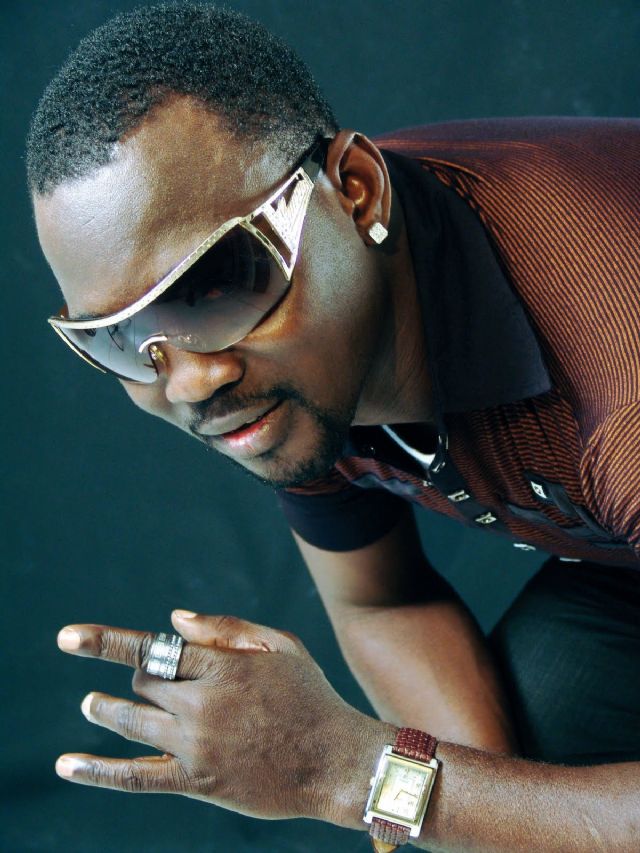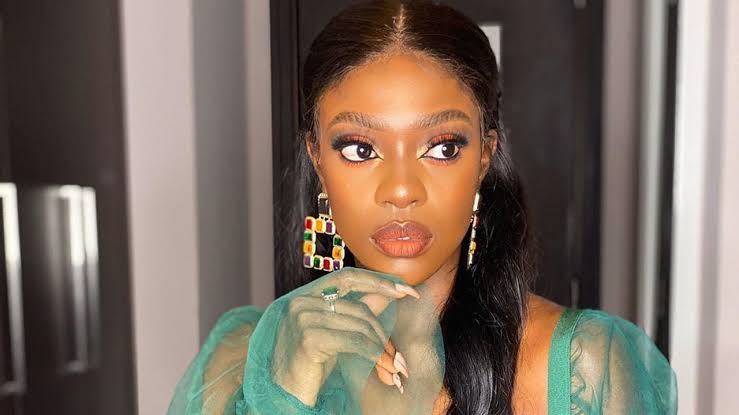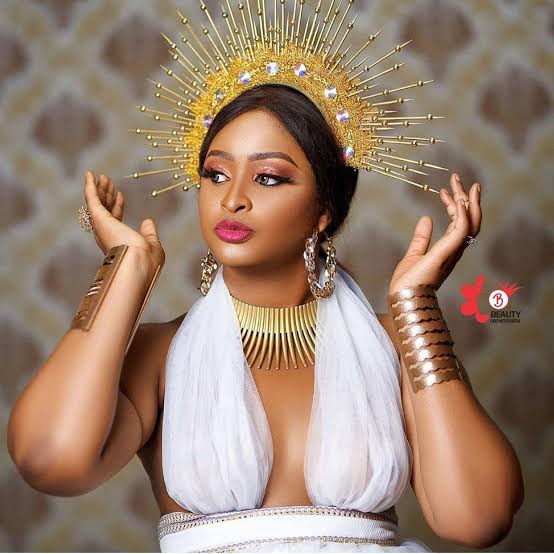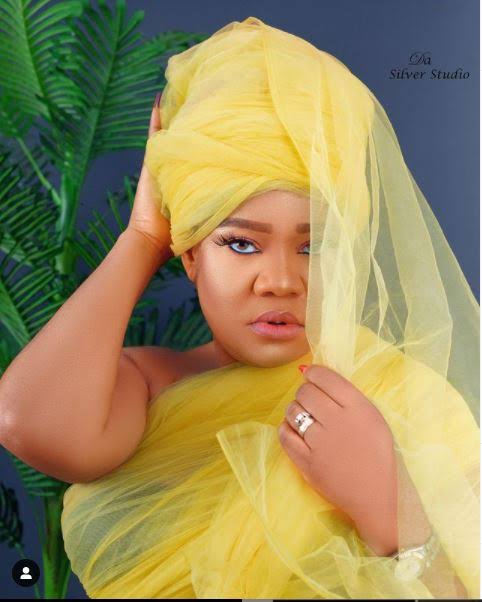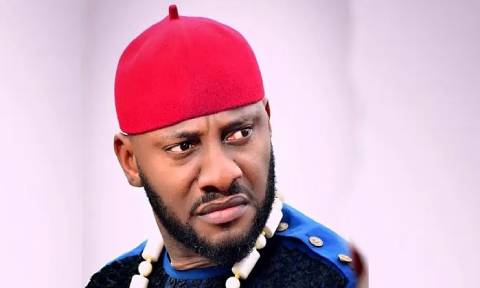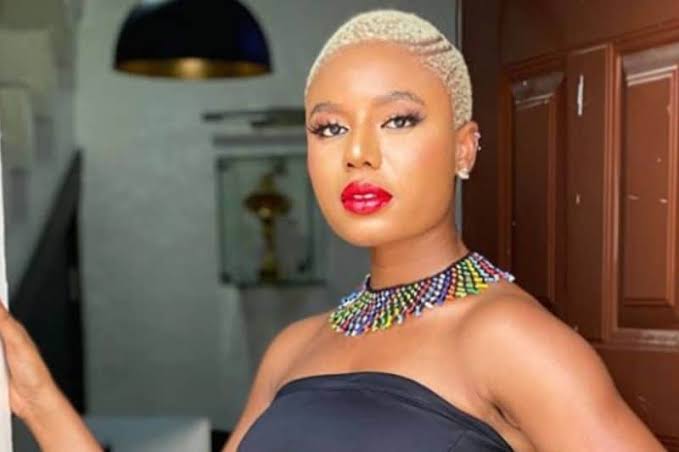In film production, there is a lot to learn from the basic knowledge of agricultural practices. One lesson is that to nurture healthy plants, we need to get rid of weeds. For some time, we have identified some hindering factors in our movie industry.
Our soundtracks have, nonetheless, contributed to the under-development of Nollywood. The cultural approach to resolving this is to raise our glasses. Here’s to the death of story-telling soundtracks in Nigerian movie industry.
Every good listener can attest to the view that the lyrics of an average Nigerian movie soundtrack offer a window to the storyline. In fact, it is a sung-storyline. Ideally, the soundtrack is created to accompany the images in the video.
But when a soundtrack goes off track by narrating ahead what the outcome of the movie will be, it assassinates the dramatic suspense which is key to plot development and ultimately the audience enjoyment.
Quite a number of persons prefer not to know the outcome of a movie from the start. How would you feel if you are at a cinema to watch Titanic for the first time and at the entrance, a friend who has seen it tells you, “Jack (Leonardo DiCaprio) will die at the end of the movie, frozen to death right in front of Rose (Kate Winslet)”?
Undoubtedly, that will kill the expectations you have and that is exactly the same effect that Nigerian soundtracks create when the lyrics come off being too detailed and overly narrative. The suspense dies an instantaneous death.
Here’s to the death of auto tune in Nigerian movie soundtracks. Looking at a couple of Yoruba videos in quick succession, one can easily and erroneously conclude that Tope Alabi has received the patented contract of producing music for these videos.
It seems that her velvet voice has become jaded. Without attempting to disrespect the 40-year old who had a strong media background polished with her theatrical experience earned from Alade Aromire theatre group, one can say that her voice has exceeded the elastic limit of sweetness causing monotony in the soundtrack experience.
In foreign movies, popular musicians compose good music as soundtracks for movies. In fact, the songs earn more air plays and sales as soon as the movie is released. Sometimes, soundtracks might sell more than the movie owing much to the singer’s delivery and perhaps the lyrical content.
The close ties between the music and movie industry is almost infectious. But, the Nigerian movie soundtrack business has always been handled with much levity. Like every other talent-oriented business in Nigeria, it has not been thoroughly and maximally exploited for revenue.
Is it only Tope Alabi that understands the art of drama and can sing or compose beautiful soundtracks? What about Dare Art Alade, Yinka Davies, Segun Arinze, Esse Agesse, Lord of Ajasa, Omawunmi, Timi Dakolo, King Sunny Ade, King Wasiu Ayinde Marshall and even Abass Akande Obesere? The list is endless.
Provided the genre of music suits the content and cultural frame work of the movie, Nigerian artists can be sought after to arrange music as soundtracks for movies while they can also make profit from the sales of the original tracks.
The unwillingness of the movie producers to share the profit from proceeds of the movie with the artiste who arranged soundtrack has also made the production of Nollywood soundtrack a mere child’s play.
Hollywood should have taught us better than this through the soundtracks of classic movies like Fighting Temptations, Waiting to Exhale, Soul Food, The Good, the Bad and the Ugly, The Bodyguard.
The Bee Gees sold over 33million copies worldwide from the original soundtracks in Saturday Night Fever making it the best-selling soundtrack of all time. Nigerian movie producers have a lot of tracks to cover to close the gap between them and their foreign counterparts in this regard.
Here’s to the death of voice-drowning soundtracks in Nollywood. Having established that the Nollywood soundtracks are below the world standards, one cannot neglect the truth about the volume of the soundtracks. Picture this scenario: You have just seen the end of a full-length foreign movie.
You figure that you can watch another. You select a Nigerian video but as soon as the video player resumes its work, jolting sounds emanate from your speakers forcing you instantaneously on your feet while you frantically grab for the remote control.
You restore sanity to your head and your home before a neighbour can think of pressing your doorbell angrily. Done with that, you will encounter another challenge of hearing the conversation of the actors that would have been submerged in the poorly modulated soundtrack.
There is what is called the Automated Dialogue Replacement (ADR) or looping whereby the original dialogue is re-recorded after filming in order to obtain a cleaner, more intelligible dialogue track. It is one thing for Nigerian movie producers to know what should be done and another thing entirely to put it into practice.
It is well known that post-production techniques can either make or marr the entire film production and in this case of Nollywood we already know the impact is often the latter.
Here’s to the positive change we envisage. We want to climb the stage at the next African Movie Academy Awards not to present but to collect awards for best movie soundtrack.
We want to receive nominations and possibly win BET and MTV Africa awards for songs that are original soundtracks of Nigerian movies. We want to see Nigerian musicians battle for their songs to be used as movie soundtracks.
A fusion of Nollywood movie producers and Nigerian music artistes is long-awaited, desirable and desperately needed to awaken the soundtrack business from slumber. We begin by setting the platform for successful soundtracks with well-scripted movies.

